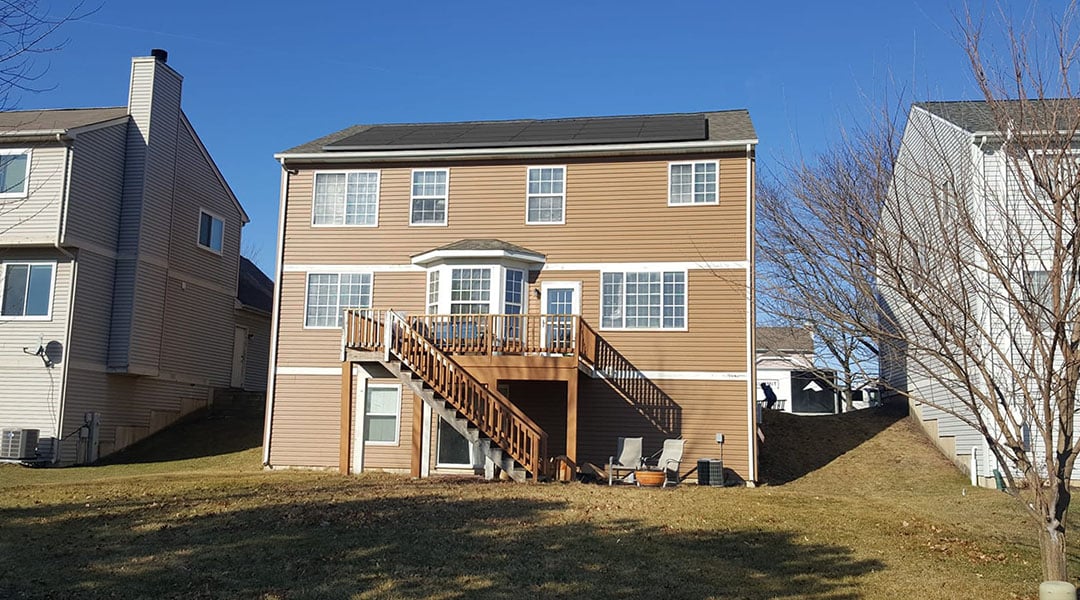I’m Moving. Do Solar Panel Loans Put a Lien on My House?
by Cody McGowan, on Jul 10, 2020 9:03:00 AM

Understanding Liens on Your Home vs. Liens on Your Solar Panel System
Moving is stressful enough. You need to pack all of your things, spruce up your home’s appearance, and try to sell at the best price. The last thing you need is your buyer’s mortgage lender calling to say they believe there’s a lien on your property. Why would they think that? Well, they might think your house has a claim if you took out a loan for solar panels.
This is a common source of confusion for mortgage lenders, as many lack experience with solar panel systems. With a little more information, you can proceed to sell your Peoria, IL, solar home with no issues.
SEE ALSO: Increase Your Curb Appeal with Black-on-Black Solar Panels
Do Solar Panels Put a Lien on My House?
First, let’s be clear on what defines a lien. A lien is a legal claim a lender has on any asset of yours, which can be revoked if you default on payments or try to sell before it’s paid off. Mortgage lenders have liens on houses, auto lenders have liens on cars, and similarly, solar lenders have a lien on your panels. A claim only remains in place until it is paid off.
So, no—you do not have a lien on your property, just the panels. But no worries; there are two ways to tackle a solar lien before you move.
How to Remove Solar Lien Before Moving
One simple way to remove a lien is to pay off your panels and proceed to sell your house. Did you know that with the panels, your house will be worth an average of 4.1 percent more than a non-solar home? You can market your house as ‘green’ or ‘eco-friendly’, which many homebuyers perceive as more valuable. The additional money you make can be used to pay for the panels, putting minimal strain on your bank account.
Your other option is to have the new homeowners assume your solar loan and continue paying for the panels with a monthly bill. They will need to qualify for the loan, but once they are cleared, you can leave the panels behind and move into your new home.
The UCC-1 Filing
If you received a loan to add panels to your rooftop, you would have signed a UCC-1 filing form. This is authorized with your county and Secretary of State and is viewable to the public online. So, if your buyer’s mortgage lender is unfamiliar with solar loans and searches your address, they may mistake the filing for a lien on your house. They then might halt their buyer’s home loan. If they contact you saying this, explain that the claim is for the panels, and not the house.
Whether you’re interested in going solar or already have solar panels, we’re here for you every step of the way. Contact Summit Solar for any guidance you need and to get started with solar energy today.



